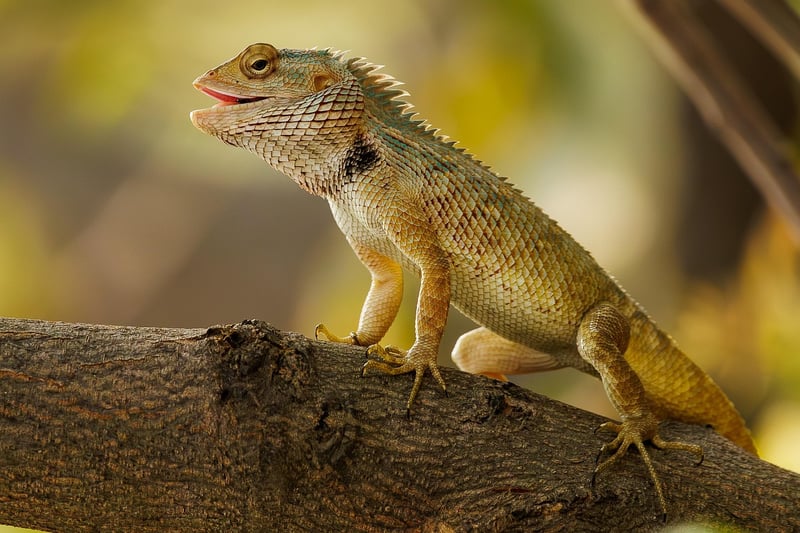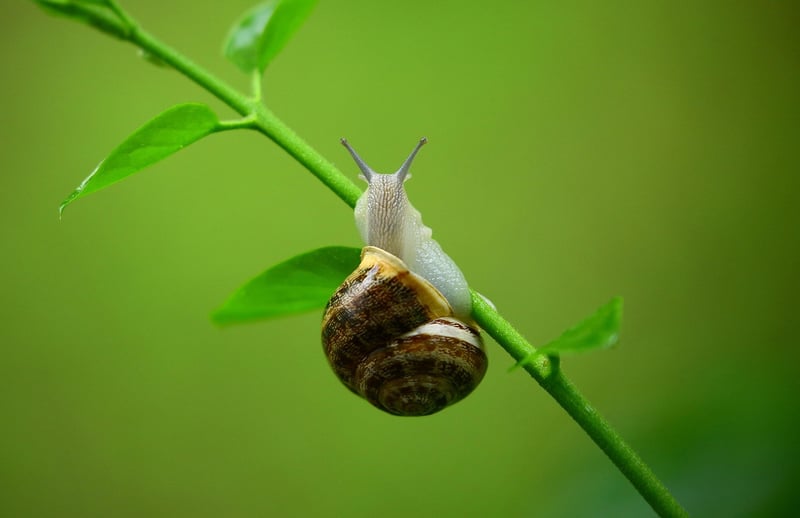Integrated Pest Management
Protecting Your Urban Garden from Pests + Integrated Pest Management
Urban gardening is a rewarding and sustainable way to grow your own food, but it can come with its challenges, especially when it comes to pests. Whether you are growing fruits, vegetables, or flowers, unwanted visitors like insects and rodents can wreak havoc on your plants. Understanding how to protect your urban garden from pests is essential for a successful harvest. One effective approach to pest control is Integrated Pest Management (IPM), a holistic and environmentally sensitive strategy that combines different control tactics to manage pests effectively.
Common Pests in Urban Gardens:
Before delving into pest control strategies, it's crucial to identify the common pests that may target your urban garden:
- Aphids: These small insects feed on plant sap and can quickly multiply, causing damage to leaves and stems.
- Slugs and Snails: These pests are attracted to tender plant leaves and can devour entire seedlings overnight.
- Caterpillars: The larvae of butterflies and moths, caterpillars can munch on foliage and fruits, affecting plant health.
- Rodents: Rats and mice can nibble on fruits and vegetables, as well as dig up seeds and bulbs.
Integrated Pest Management (IPM) Techniques:
IPM focuses on preventing pests through a combination of biological, cultural, physical, and chemical control methods. By incorporating these strategies, you can protect your urban garden while minimizing harm to the environment:
- Cultural Control: Maintain plant health by providing adequate sunlight, water, and nutrients. Proper spacing between plants can also reduce pest infestations.
- Biological Control: Introduce beneficial insects like ladybugs or nematodes that feed on pests. This natural approach can help maintain a balance in your garden ecosystem.
- Physical Control: Use barriers such as row covers, netting, or traps to physically block pests from reaching your plants.
- Chemical Control: As a last resort, consider using pesticides. Opt for organic and targeted products to minimize harm to beneficial insects and wildlife.
Protect Your Urban Garden with IPM:
By implementing Integrated Pest Management techniques, you can safeguard your urban garden against common pests while promoting a healthy and thriving growing environment. Remember to monitor your plants regularly for signs of pest damage and adjust your control methods accordingly. With a proactive and sustainable approach, you can enjoy a bountiful harvest from your urban garden!
For more information on urban gardening and pest control, visit University of Minnesota Extension - Integrated Pest Management.


